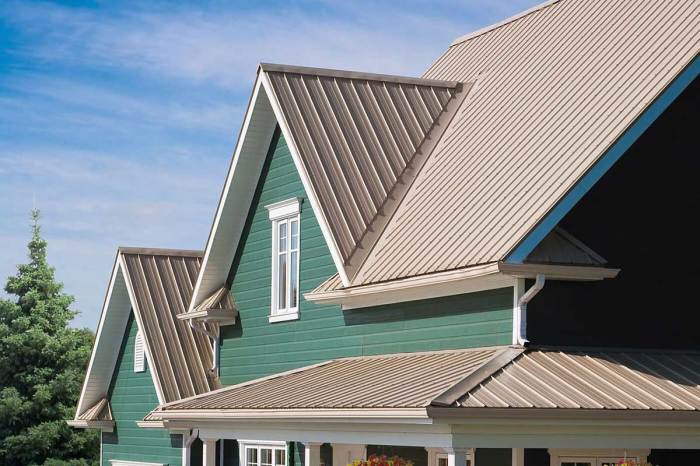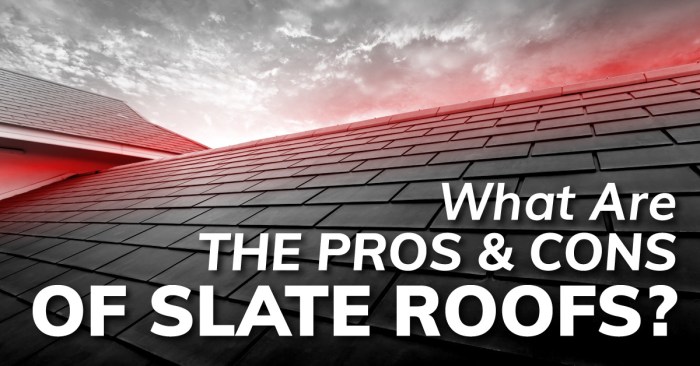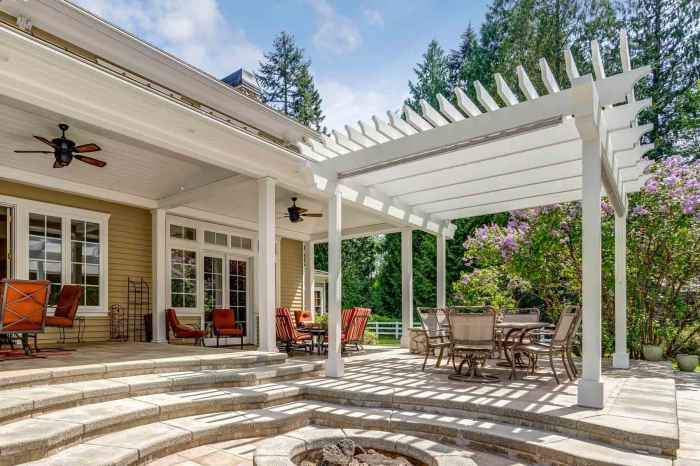Wood siding contractors near me sets the stage for this enthralling narrative, offering readers a glimpse into a story that is rich in detail and brimming with originality. From researching the best local contractors to understanding the various types of wood siding, this guide is your go-to resource for all things related to enhancing your home's exterior.
As we delve into the world of wood siding contractors near you, prepare to uncover valuable insights and tips that will empower you to make informed decisions for your upcoming home improvement project.
Researching Wood Siding Contractors
When it comes to wood siding projects, researching local contractors is crucial to ensure a successful and smooth process. Hiring the right contractor can make a significant difference in the quality and outcome of your project.
Importance of Researching Local Contractors
- Local contractors are familiar with the weather conditions and building codes in your area, ensuring compliance and durability.
- They have established relationships with local suppliers, potentially saving you money on materials.
- Local contractors are more accessible for communication and site visits, making the process more convenient for you.
Tips for Finding Reputable Wood Siding Contractors
- Ask for recommendations from friends, family, or neighbors who have had wood siding projects done recently.
- Check online reviews and ratings on trusted websites to gauge the reputation of potential contractors.
- Request references from previous clients to get a firsthand account of the contractor's work quality.
Benefits of Hiring Local Contractors vs. National Companies
- Local contractors are more invested in their community and reputation, leading to a higher level of accountability and dedication to their work.
- National companies may have higher overhead costs, resulting in potentially higher project costs for you.
- Local contractors can offer personalized service and a more tailored approach to your specific needs and preferences.
Types of Wood Siding
Wood siding is a popular choice for homeowners due to its natural beauty and versatility. There are several types of wood siding commonly used by contractors, each with its own unique characteristics. Let's explore the pros and cons of some popular wood siding options, as well as their durability and maintenance requirements.
Cedar Siding
Cedar siding is known for its natural resistance to rot, decay, and insects. It offers a beautiful, rustic look and is available in various styles such as bevel, board and batten, and shake. However, cedar siding can be more expensive compared to other options, and it requires regular maintenance to prevent weathering and discoloration.
Pine Siding
Pine siding is a cost-effective option that is easy to work with and readily available. It can be stained or painted to achieve different looks and styles. However, pine siding is more prone to rot and insect damage compared to cedar, and it may require more frequent maintenance to ensure longevity.
Redwood Siding
Redwood siding is a durable and naturally resistant wood option that offers a rich, reddish-brown color. It is known for its longevity and minimal maintenance requirements. However, redwood siding can be expensive, and it may be harder to find compared to other wood species.
Cypress Siding
Cypress siding is a durable wood option that is naturally resistant to rot, decay, and insects. It offers a unique aesthetic with a range of colors and grain patterns. Cypress siding is relatively low maintenance, but it can be more expensive than pine or cedar options.
Engineered Wood Siding
Engineered wood siding is a composite material made from wood fibers and resin. It is designed to mimic the look of real wood while offering enhanced durability and moisture resistance. Engineered wood siding is available in various styles and finishes, making it a versatile and low-maintenance option.
However, it may not offer the same natural beauty and authenticity as traditional wood siding options
.
Cost Estimation and Budgeting
Wood siding contractors calculate project costs based on several factors, including the size of the project, the type of wood siding selected, the complexity of the installation or repair, and the local labor and material costs. It's essential to understand how these factors can impact the overall cost of hiring wood siding contractors and to budget accordingly.
Factors Influencing Cost Estimation
- The Size of the Project: Larger projects will naturally cost more due to the increased amount of materials and labor required.
- Type of Wood Siding: Different types of wood siding come at varying price points, with exotic hardwoods costing more than traditional options like cedar or pine.
- Complexity of Installation or Repair: Projects that involve intricate designs, multiple stories, or unique architectural features may require additional time and expertise, leading to higher costs.
- Local Labor and Material Costs: Prices can vary depending on the region, availability of skilled labor, and the cost of materials in the area.
Tips for Budgeting
- Get Multiple Quotes: Reach out to several wood siding contractors to compare prices and services before making a decision.
- Set a Realistic Budget: Consider your financial situation and the scope of the project to establish a budget that you can comfortably afford.
- Plan for Contingencies: Factor in additional costs for unexpected repairs or changes during the project to avoid budget overruns.
- Consider Long-Term Value: While upfront costs are important, also think about the durability and maintenance requirements of different wood siding options to make a cost-effective choice in the long run.
Impact of Hiring Wood Siding Contractors
- Quality of Workmanship: Experienced contractors may charge higher rates but deliver superior results, ensuring the longevity and aesthetic appeal of your wood siding.
- Timeline and Efficiency: Efficient contractors who work quickly and effectively can help minimize labor costs and reduce the overall project duration.
- Warranty and Guarantees: Contractors who offer warranties on their work provide added peace of mind and protection against unforeseen issues after the project is completed.
Hiring the Right Contractor
When it comes to selecting a wood siding contractor, there are several key criteria to consider to ensure you are hiring the right professional for the job. Checking licenses, insurance, and references is crucial in making an informed decision. It is also important to be aware of red flags that may indicate a less-than-reputable contractor.
Key Criteria to Consider
- License: Ensure the contractor is licensed to work in your area and has the necessary qualifications to perform the job.
- Insurance: Make sure the contractor has liability insurance and workers' compensation coverage to protect you in case of accidents or damages.
- Experience: Look for a contractor with a proven track record of successfully completing wood siding projects similar to yours.
- References: Ask for references from past clients and follow up to get feedback on the contractor's quality of work and professionalism.
Importance of Checking Licenses, Insurance, and References
Checking licenses, insurance, and references is essential to ensure that the wood siding contractor you hire is qualified, reliable, and trustworthy. A valid license demonstrates that the contractor meets the necessary legal requirements to operate in your area. Insurance coverage protects you from liability in case of accidents or property damage during the project.
References provide valuable insights into the contractor's reputation and work quality.
Red Flags to Watch Out For
- Unwillingness to provide proof of license and insurance
- Lack of references or negative feedback from past clients
- Unprofessional behavior or poor communication skills
- Significant upfront payments or pressure to sign a contract quickly
Epilogue
In conclusion, wood siding contractors near me are not just professionals you hire; they are partners in transforming your home. Remember to consider all aspects discussed here to ensure a successful and satisfying experience with your chosen contractor. Now, armed with knowledge and guidance, you are ready to embark on your journey to a beautifully revamped home exterior.
Query Resolution
How do I find reputable wood siding contractors near me?
To find reputable contractors, ask for recommendations from neighbors or friends, read online reviews, and verify their credentials and licenses before hiring.
What are the common types of wood siding used by contractors?
Common types include cedar, redwood, pine, and engineered wood. Each has unique characteristics in terms of durability, cost, and maintenance requirements.
How do wood siding contractors calculate project costs?
Contractors typically consider factors like materials, labor, project size, and additional services when estimating costs. It's best to get multiple quotes for comparison.
What should I look for when hiring a wood siding contractor?
Key criteria include checking for licenses, insurance, references, and previous work samples. Beware of red flags like low bids, lack of communication, and no written contract.




